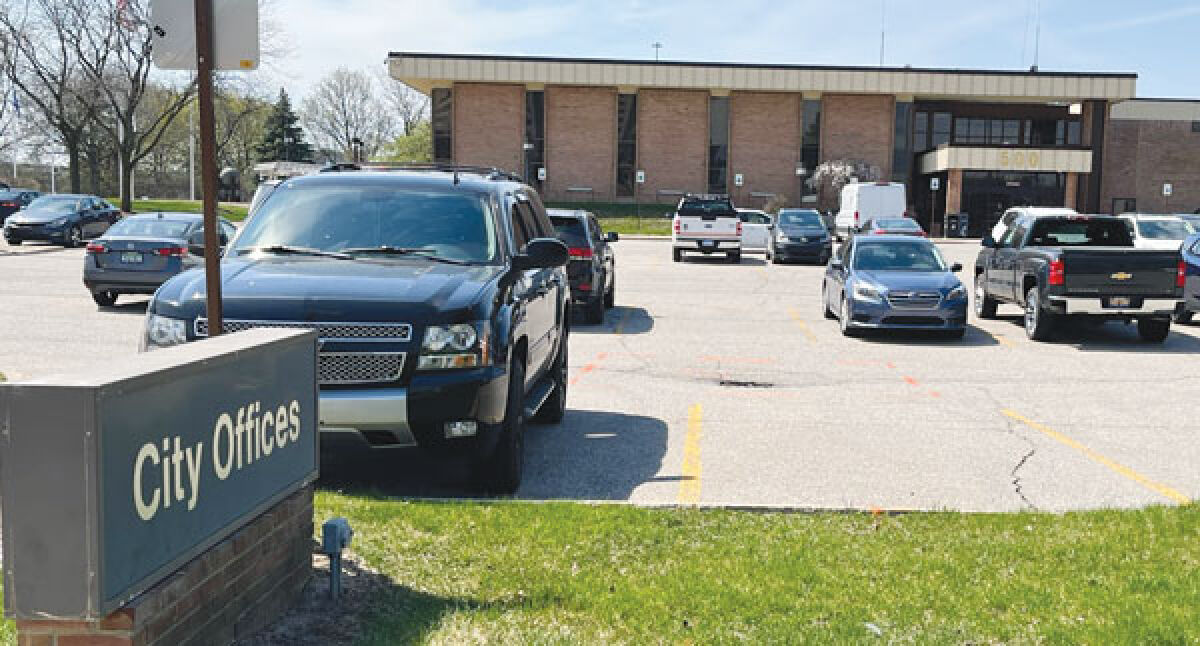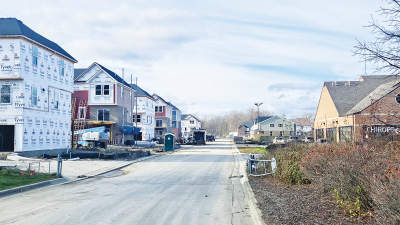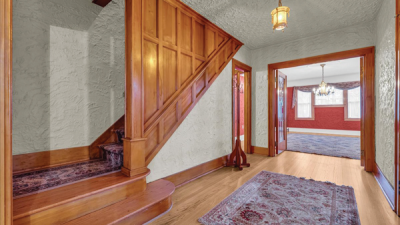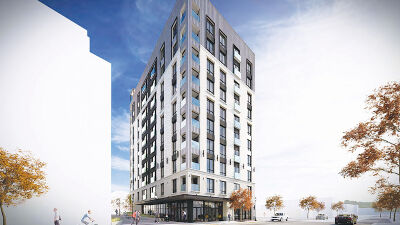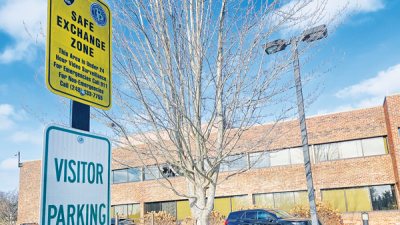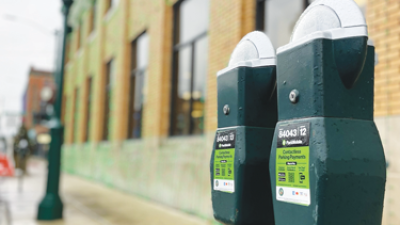TROY — An Oakland County Circuit Court finding in February is carrying a long-running legal issue between the city of Troy and the Home Builders Association of Michigan into a new chapter.
The court ruled that the city of Troy was in violation of the Headlee Amendment of the Michigan Constitution, but that the city of Troy didn’t have to repay the legal fees of the MBAM.
“In February, an Oakland County Circuit Court judge said the city did violate the Headlee Amendment,” said HBAM CEO Bob Filka. “The city wanted to include (distributing) a portion of its cost to the fire marshal or city marshal or whoever else, and the court said they can’t. The judge said they can’t include those fees in the fee calculations. The judge said we didn’t have standing to get our legal fees back, so we are now appealing that. It may take a few more years, but based on prior rulings we are confident we will win.”
The claim centers on the city of Troy being accused of charging an inappropriate amount in fees from a private company it had a contract with for home inspection fees.
Troy’s city attorney, Lori Grigg Bluhm, stated in an email that this decision will almost certainly be headed back to litigation at a later date.
“After the case was remanded following the 2019 Supreme Court decision, both parties requested summary disposition, which was denied,” she wrote. “Subsequently, the case proceeded to a bench trial. On February 2, 2023, the Circuit Court issued its Opinion ruling in favor of MAHB on the Construction Code claim and concluded the City’s method of calculating costs, where it included work performed by departments other than the Building Department, violated the Act. The Court enjoined the City from using this method to determine Construction Code costs.”
She added that several city officials believed the expert used to determine the case was underqualified and lacks sufficient experience in municipal finance.
“In making this decision, the Court relied primarily on the testimony of Plaintiff’s expert, even though he has no experience in municipal finance,” wrote Bluhm. “The Court, however, did rule in favor of the City on Plaintiff’s Headlee Amendment claim and dismissed that claim on the basis MAHB failed to establish it was a taxpayer authorized to pursue a cause of action based on the Headlee Amendment. MAHB appealed the trial court’s decision to dismiss the Headlee claim to the Court of Appeals. The City filed a cross appeal contending the Circuit Court’s decision in favor of MAHB on the Construction Code claim is clearly erroneous. The Court of Appeals will decide these issues.”
Filka maintains the HBAM just wants Troy to follow the rules for municipalities in such matters.
“The city of Troy was generating income from this instead of just covering costs. We filed suit because these measures can’t generate income from these rules. The city collected millions of dollars that went into their general fund in this way. We have been attempting to make sure a local unit of government follows the law. Not addressing this artificially inflates the costs of construction,” said Filka. “It’s a tax being disguised as a fee, and Michigan has an amendment (the Headlee Amendment) that prohibits these sorts of hidden taxes.”
Bluhm countered in an email, saying that the city of Troy’s record keeping shows that it is not making any profit off these fees.
“The City’s financial reports for (fiscal years ending in 2020 and 2021) demonstrated that when the work of other City employees is considered, the City’s annual Construction Code expenses exceed the City’s building permit revenue. Since the City’s expenses exceed the revenues, the City refutes MAHB’s claims that the City’s permit fees are excessive in violation of the Construction Code and that they constitute an unlawful tax,” she wrote.
The ongoing litigation has gone through several steps since it began in 2010, when the MAHB first filed, claiming that the high amount of fees collected from SafeBuilt for building inspection services violated the State Construction Code Act and insisted the fees were a disguised tax in violation of Michigan’s Headlee Amendment.
Oakland County Circuit Court then said that the MAHB didn’t exhaust their administrative remedies to have the Michigan Construction Code Board interpret the issue, and this decision was affirmed by the Michigan Court of Appeals but would later be reversed by the Michigan Supreme Court.
The matter was remanded back to Oakland County Circuit Court, which then ruled that the city of Troy’s fee formula did not violate the construction code, since it was revenue spent on operation of the building department, and that its building permit fees did not violate the Headlee Amendment, and the Michigan Court of Appeals concurred.
In 2019, the Michigan Supreme Court reversed the Court of Appeals’ decision stating that Troy’s use of “building inspection fees for the purpose of satisfying a historical debt” violated the construction code. They did, however, say that the city is justified to retain revenue to cover “the direct and indirect cost of services it provides.” The Supreme Court also ruled that the HBAM was not entitled to any monetary relief with respect to their claim.
“With regard to the Headlee Amendment claim, the Supreme Court found that Plaintiff did not establish they were ‘taxpayers’ with standing to pursue the claim,” wrote Bluhm. “Since there was no evidence the Plaintiffs even had standing, the Court did not address the merits of Plaintiff’s argument that the City’s permit fees were a disguised tax imposed in violation of the Headlee Amendment. However, the Court did specify ‘the trial court shall allow plaintiffs’ members an opportunity to establish representational standing on plaintiff’s behalf.’”
Filka maintains the HBAM is entitled to compensation for legal fees after such a lengthy litigation process.
“We’ve incurred nearly $600,000 in legal fees. It wouldn’t make sense to us that the city knows they will ultimately lose because their legal fees are increasing the longer this goes on too. It’s only going to cost the taxpayers of Troy more money,” he said. “We’ve approached the city multiple times about a settlement, but they seem to just be implementing delaying tactics at this point.”
He also expects the case to continue, believing another trip to the Michigan Supreme Court is likely.
“The Court of Appeals is where this case would be heard next, assuming the city of Troy doesn’t settle and then render a decision,” said Filka. “There likely would be another trip to the Michigan Supreme Court, because both sides, based on the history of this case, would keep going based on that Court of Appeals decision.”
 Publication select ▼
Publication select ▼